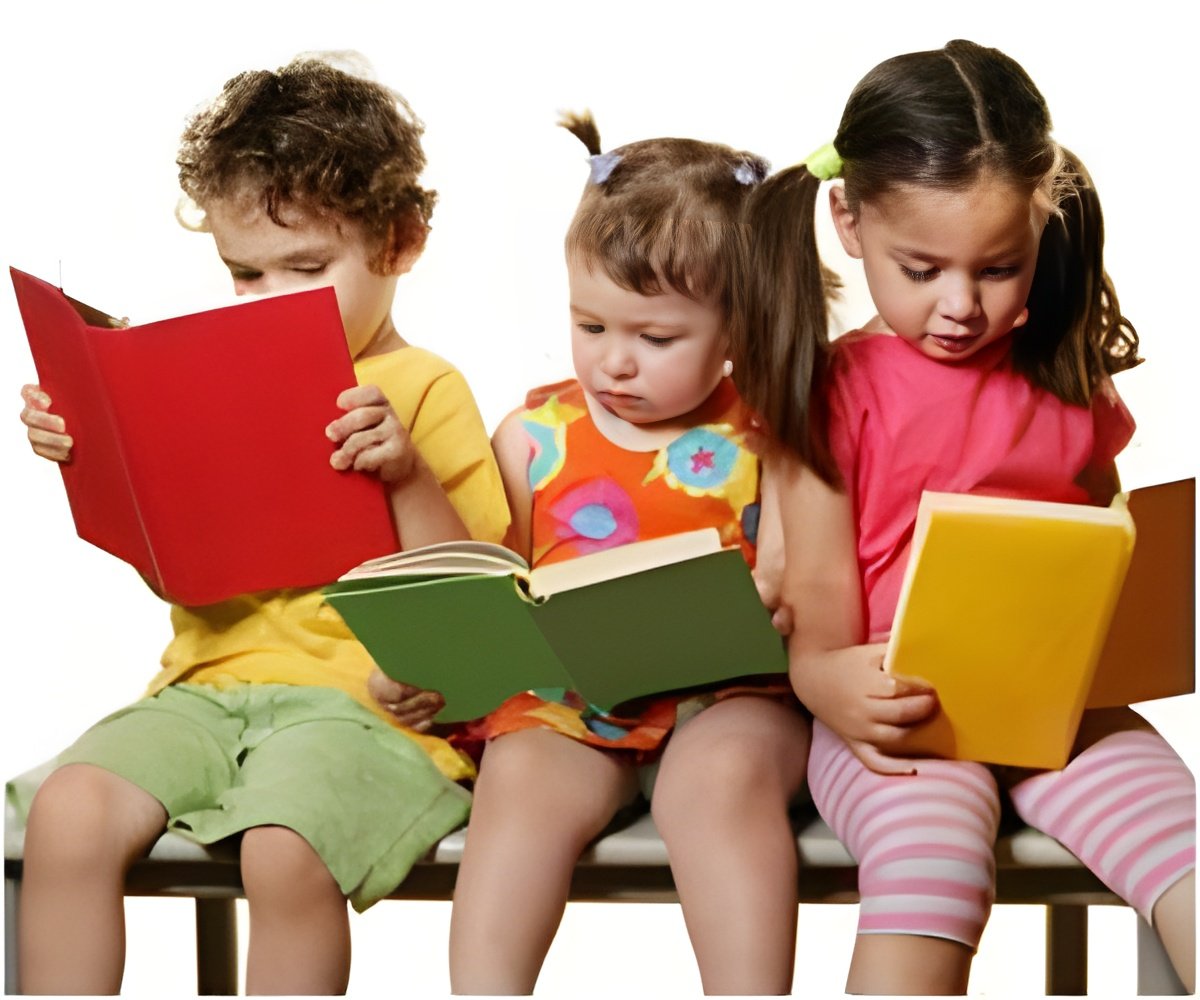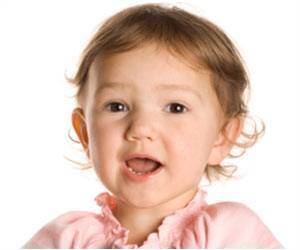
It also explores the difficult-to-measure quality of non-verbal clues to word meaning during interactions between parents and children learning to speak.
For example, saying, "There goes the zebra" while visiting the zoo helps a child learn the word "zebra" faster than saying, "Let's go to see the zebra."
Differences in the quality of parents' non-verbal clues to toddlers (what children can see when their parents are talking) explain about a quarter (22 percent) of the differences in those same children's vocabularies when they enter kindergarten, researchers found.
"Children's vocabularies vary greatly in size by the time they enter school. Because preschool vocabulary is a major predictor of subsequent school success, this variability must be taken seriously and its sources understood," lead author Erica Cartmill, a postdoctoral scholar at UChicago said.
Scholars have found that the number of words youngsters hear greatly influences their vocabularies.
Advertisement
That advantage for higher-income families doesn't show up in the quality research, however.
Advertisement
Source-ANI









